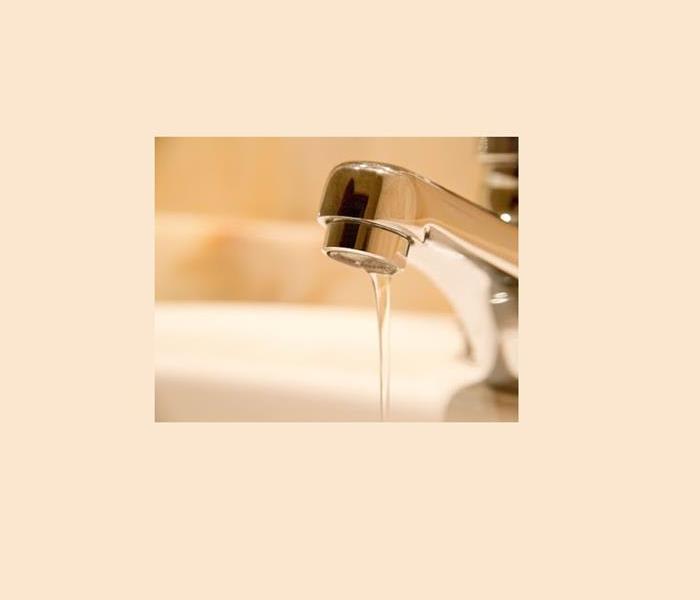Water Damage Restoration: Assessing Damages to Your Home
4/20/2016 (Permalink)
Water damage can occur in a home or business for a variety of reasons such as a leaky roof, burst pipes, a flood, or even as part of an effort to put out a fire. Once your home or business incurs water damage however, regardless of the source, you must act quickly to control and contain the damage.
Water damage restoration is done by professional companies with the goal of restoring property back to its original, non-damaged condition. The company will come in, assess the damage and what was affected and place a value on your loss and their service to restore your property.
Your water restoration company will determine what category of water damage you have from a scale of one to four. Level one damage is light water damage to one area or one room where the carpet is not saturated. Level two damage usually involves at least one entire room with saturated carpet and wicking up the wall 12 to 24 inches. Level three water damage generally involves overhead damage such as from a leaky ceiling and a saturated room. Level four is the highest damage number and is reserved for deep saturation such as from a flood.
In addition to determining the level of damages to your home, the water damage restoration team will also need to determine the level of water contamination. Level one water contamination, for example, is classified as clean water such as from a broken water pipe. Level two water contamination may contain some contaminants that may cause illness if ingested and is considered grey water. This can be from a washing machine overflow, a dishwasher overflow or a toilet bowl overflow that does not contain feces but may contain urine, for example. Level three is considered black water and is considered the most unsanitary. This can come from a toilet overflowing with feces, sewage spillage or flood waters from a river or canal for example. Black water is considered unsanitary and has the potential to cause illness or death if ingested. Standing water can also fall into this category regardless of the source.
Once these assessments are made, your water damage restoration team will work to get the water out. This may require pumping standing water out of the home and sucking the water out of the carpet and flooring. The next step will be to remove any dry wall that has wicking and potentially removing and replacing insulation and structural beams if damaged. Flooring may have to be removed to be dried out or replaced depending on the type of water contamination that has occurred.
Once the company dries, deodorizes and sanitizes they will leave their equipment in place for a few days to continue drying the home and returning the temperature and moisture levels to normal. After two to three days they will reassess the home. If it has reached pre-water damage dryness, the equipment is removed and your home is restored.






 24/7 Emergency Service
24/7 Emergency Service
